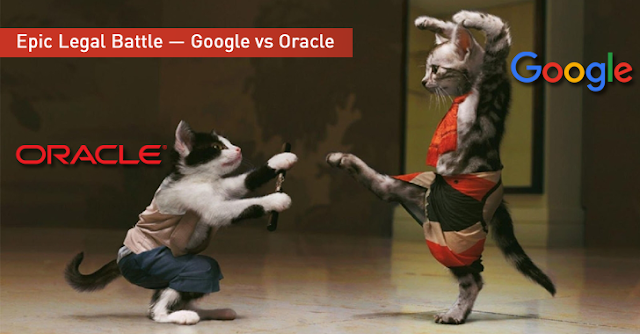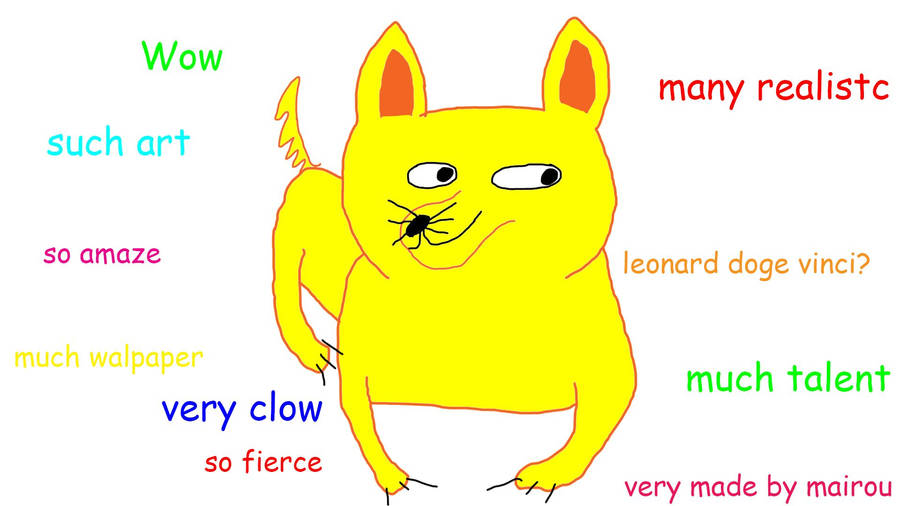
In regards to the issue of whether Java API’s are copyrightable, Oracle v. Google (2012) was one battle in the war of software copyright.
Initially, here’s the facts of Oracle v. Google. To begin, Oracle bought Sun in 2010 and continued to develop Java. Also, Google purchased Android in 2010 and created 37 re-implementations of Java API’s . In the end, Google tried to negotiate with Sun for using these 37 re-implementations of Java SE, but Google and Oracle never reached a deal.
At issue, the case had to answer: Can Oracle claim a copyright on Java APIs? Also, did Google infringes these copyrights.
Here’s the holding of this case: The United States District Court for the Northern District of California said Google didn’t infringe on Oracle’s patents; also, the Java APIs used by Google were not copyrightable.
Google lawyers cited the following cases: Computer Associates v. Altai (1992), Sega v. Accolate (1992), and Lotus v. Borland. Google lawyers would argue precedents set by these cases.
However, the holding of this case wouldn’t last. In 2014, the U.S. Court of Appeals for the Federal Circuit would reverse the decision in favor of Oracle. Now, the court said Google’s 37 Java API’s were copyrightable.
Originally, Oracle argued Google violated sec 102(b) of the copyright act 1976. The copyright act states: “In no case does copyright for original works of authorship extend to any idea, procedure, process, system, method of operation, concept, principle, or discovery, regardless of how it’s embodied in the work.” Google violated this provision of the copyright act by copying Oracle’s structure, sequence, and organization of the 37 Java API packages.
Oracle lawyers would cite these cases: Whelan v. Jaslow (1986) and American Dental Association v. Delta Dental (1997). These case would make the bulk of argument for Oracle lawyers.
Eventually, Google would win the day. In 2016, Google made a fair use defense for use of Java API’s, which the US Supreme Court allowed.
Google had lots of software industry support as opposed to Oracle. Supreme Court amicus briefs included: Seventy-seven computer scientists, Public Knowledge, Hewlett-Packard, Red Hat, Yahoo, Open Source Initiative, Mozilla, Engine, Computer and Communications Industry Association, and IP law professors. Only the Free Software Association supported Oracle.
Interestingly, everyone was an infringer in this case. That being said, ultimately, if Google was found to infringe Oracle copyright, everyone that owned an android phone would be infringers because the Java API code is embedded in the Android. Also, major mobile carriers like T-Mobile, AT&T, Verizon, and Sprint would be infringing Oracle copyright. Furthermore, application developers and device manufacturers would be infringers.
In the end, Oracle filed another appeal on October 26, 2016. As to the issue of Java API’s and being copyrightable, it remains to be seen if the 2016 decision will be reversed. As it stands, Google Android hasn’t violated Oracle copyrights because of it’s 37 Java APIs, which the Supreme Court said are protected by fair use doctrine.
